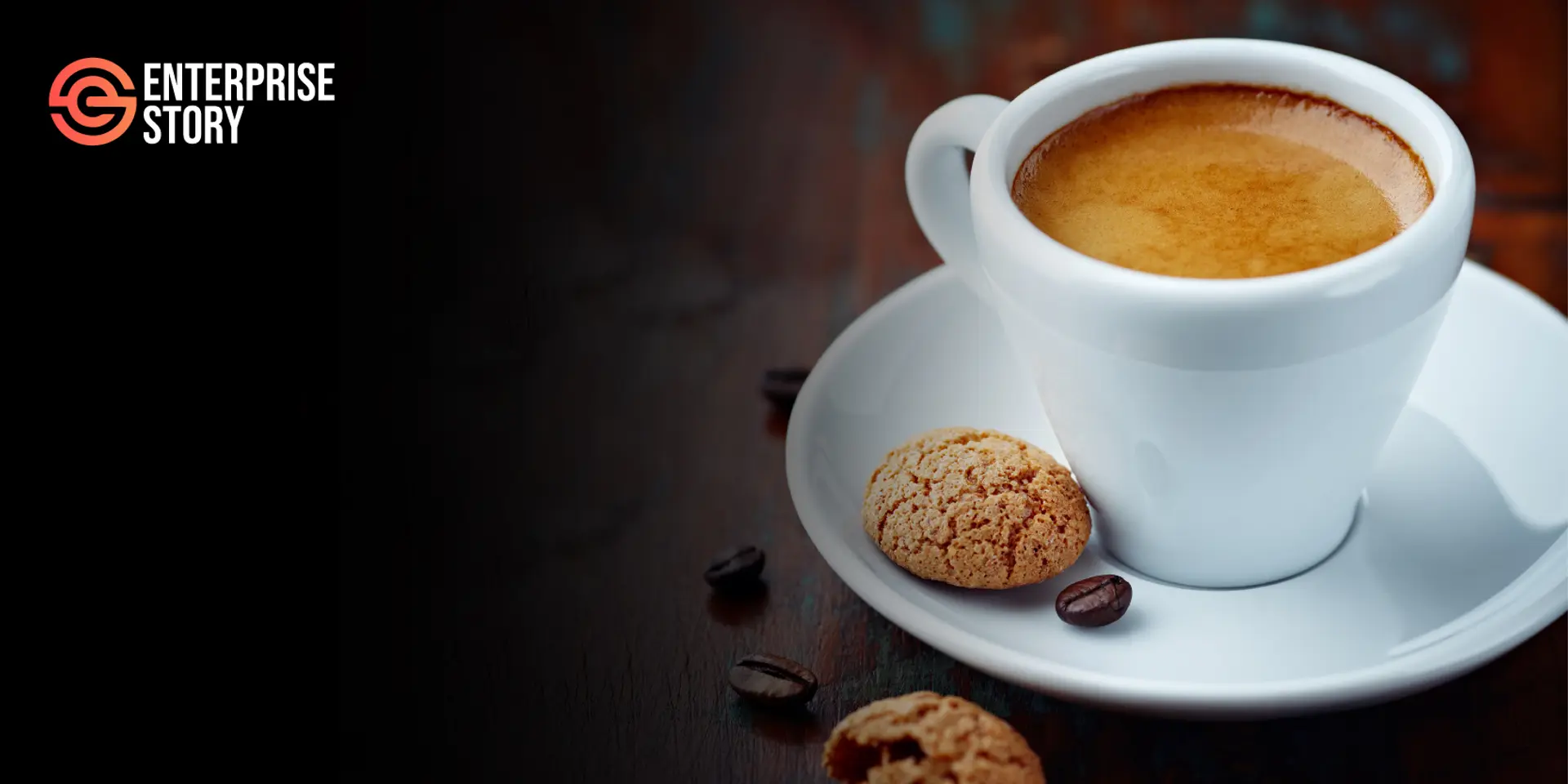Espresso: Amazon Pay's UPI, Apple's child-safety features
Your daily dose of news in business and technology.
Amazon Pay UPI clocks 50 million sign-ups
Amazon Pay, Amazon’s fintech arm, has recorded 50 million sign-ups on its Unified Payments Interface (UPI) product.
Over 75 percent of its customers who used Amazon UPI in the past year are from tier-2 and tier-3 cities, the company said. Customers are using the Amazon app to pay at 20 million shops by simply scanning a UPI QR code, it added.
“We are excited by the rapid adoption of UPI, which now enables customers to do much more with their Amazon app beyond shopping," said Mahendra Nerurkar, CEO and VP of Amazon Pay. "We are humbled to serve millions of our customers and merchants through UPI, and play a key role in accelerating the Government’s vision of a less-cash India.”
Apple defers release of child-safety features
Tech giant Apple said it is postponing the introduction of child-safety features, which it had announced in early August this year.
Apple stirred a controversy last month when it announced that it would scan users' photo libraries for images for child exploitation. This goes against the company’s principles around customer privacy.
Consequently, an international coalition of more than 90 civil society organisations joined in calling on Apple to abandon its plans to build surveillance capabilities into iPhones, iPads and other Apple products.
Apple has now said it will collaborate with child safety experts to protect children from predators who use communication tools to recruit and exploit them.
It announced three steps in that direction, which include new communication tools to enable parents to play an informed role in helping their children navigate communication online. Two, new cryptography applications to help limit the spread of child sexual abuse material (CSAM) online.
And three, Apple will make updates to Siri and Search for parents and children to get information and help in unsafe situations. Siri and Search will also intervene when users try to search for CSAM-related topics.
Hero MotoCorp widens Harley reach
Hero MotoCorp said on Sunday that it has expanded the touch-points and service centres for Harley-Davidson customers in India.
After Harley Davidson exited India in 2020, owing to high taxes for foreign automakers in the country, Hero MotoCorp partnered with the American company to exclusively distribute its motorcycles, parts and merchandise.
It now has a network of 14 dealerships and seven authorised service centers across the country, exclusively for Harley-Davidson customers, Hero MotoCorp said in a statement.
Jet Airways' insolvency process in Holland
Jet Airways said the company closed the sale of its wide-body Boeing 777 aircraft, which was under the custody of the Dutch Administrator because of insolvency proceedings against the company in the Netherlands.
The aircraft, which was parked at the Schiphol Airport, was sold to IAGCAS 777 for $9 million under the Dutch Insolvency Process, the company said in an exchange filing on Saturday. Jet Airways was declared bankrupt in the Netherlands in 2019.
Grasim Industries appoints new MD
Textile manufacturer Grasim Industries appointed Hari Krishna Agarwal as its Managing Director (MD) on September 1. Agarwal has been a part of the Aditya Birla Group, Grasim’s owner, for nearly four decades.
Agarwal will take up the role from December 1, replacing Dilip Gaur, who requested for an early retirement, according to a regulatory filing by the company last Wednesday. The company’s board had reappointed Gaur as the company’s MD with effect from April 1, 2021.
BBC and Netflix ink partnership
BBC and Netflix have partnered to develop and fund new, ambitious dramas featuring disabled creatives both in front of and behind the camera, said Netflix in a press release.
This five-year partnership aims to increase the representation of the disabled both on-screen and off-screen. Both BBC and Netflix will consider projects from producers in the United Kingdom that have been created or co-created by writers who identify as deaf, disabled, and/or neurodivergent.
“We recognise the need for change, and we hope that in coming together the BBC and Netflix have created a funding model which will help level the playing field for deaf, disabled and neurodivergent creators in the UK,” said Piers Wenger, BBC Director of Drama.
Edited by Kunal Talgeri






